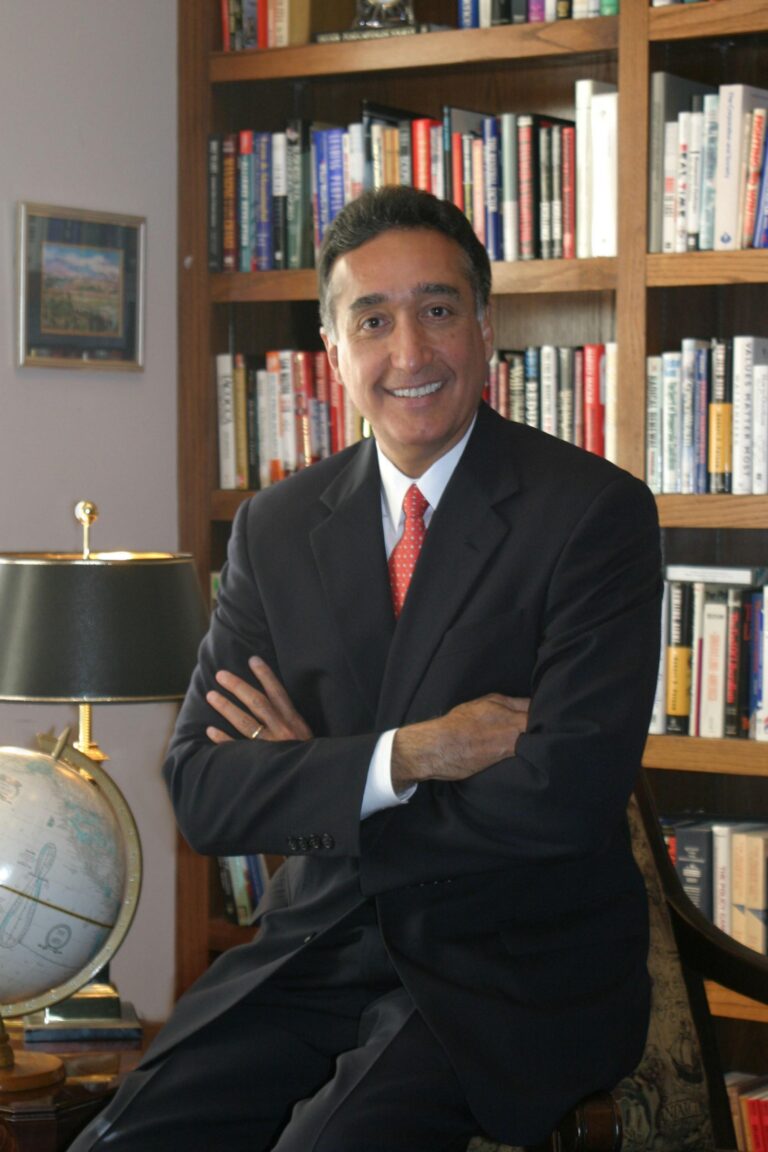Henry Cisneros: A Visionary Leader in Urban Development and Housing Policy
Foundations and Early Political Journey of Henry Cisneros
Born in 1947 in San Antonio, Texas, Henry Cisneros grew up in a family that valued education and community involvement. His parents instilled in him a strong sense of civic responsibility, which shaped his future path. Cisneros pursued higher education with distinction, earning a bachelor’s degree in architectural engineering from Texas A&M University. He further advanced his expertise by obtaining both a master’s degree and a doctorate in public administration from Harvard University, equipping him with the knowledge to influence urban policy and development effectively.
Cisneros’s political career began at the local level, where he served as a San Antonio city council member starting in 1977. His focus on affordable housing and neighborhood revitalization quickly gained attention. By 1981, he became the youngest mayor in the city’s history, championing initiatives that spurred economic growth, expanded housing options for low-income residents, and improved urban infrastructure to foster community cohesion.
- Implemented strategies to attract new businesses and investments
- Expanded affordable housing programs to assist vulnerable populations
- Enhanced city planning efforts to connect diverse neighborhoods
| Year | Position | Notable Contribution |
|---|---|---|
| 1977 | San Antonio City Council Member | Advocated for housing reform |
| 1981 | Mayor of San Antonio | Stimulated economic development |
| 1993 | U.S. Secretary of Housing and Urban Development | Shaped national housing policies |
Revolutionizing Urban Housing: Cisneros’s Policy Innovations
As Secretary of Housing and Urban Development under President Bill Clinton, Henry Cisneros transformed federal housing strategies by promoting policies centered on accessibility, sustainability, and social integration. His approach went beyond merely increasing affordable housing stock; he envisioned dynamic, mixed-use communities that would invigorate local economies and enhance residents’ quality of life.
During his leadership, Cisneros pioneered the integration of public-private partnerships, which leveraged private sector innovation and capital to accelerate affordable housing development. His administration also emphasized environmentally conscious building practices and smart urban growth to curb sprawl and preserve green spaces.
- Facilitated homeownership: Developed mortgage programs tailored to diverse income levels.
- Advanced smart growth: Encouraged urban designs that balance development with environmental stewardship.
- Promoted energy efficiency: Introduced incentives for sustainable construction to lower utility expenses and carbon footprints.
| Policy Initiative | Effect | Year Introduced |
|---|---|---|
| Mixed-Income Housing Programs | Enhanced community diversity and cohesion | 1994 |
| Community Revitalization Grants | Rejuvenated underserved neighborhoods | 1995 |
| Energy-Efficient Housing Incentives | Lowered long-term living costs | 1996 |
Obstacles and Controversies During Cisneros’s HUD Leadership
Henry Cisneros’s period as HUD Secretary was not without its difficulties. Budgetary restrictions imposed by Congress limited the department’s capacity to fully tackle the escalating housing affordability challenges in urban centers. These financial constraints fueled debates over the efficacy of federal housing programs and subjected Cisneros to heightened scrutiny from lawmakers and advocacy organizations alike.
Moreover, his administration faced controversies that somewhat overshadowed its policy successes. Investigations into alleged ethics violations, particularly concerning the disclosure of personal financial matters and the management of HUD funds, attracted significant media attention. Although no criminal charges were brought forward, these issues affected public trust and led to congressional hearings focused on transparency and accountability.
- Financial Disclosure Concerns: Questions arose over delayed reporting of personal loans.
- HUD Fund Allocation: Allegations regarding the use of departmental resources.
- Congressional Oversight: Increased hearings aimed at improving governance.
| Year | Issue | Resolution |
|---|---|---|
| 1994 | Investigation into Financial Disclosures | No charges filed |
| 1995 | Congressional Review of HUD Spending | Recommendations for Policy Reforms |
Enduring Influence and Guidance for Modern Urban Planners
Henry Cisneros’s legacy in urban development serves as a valuable guide for today’s policymakers and city planners. His unwavering focus on inclusive housing policies helped reshape urban environments to better serve diverse populations, emphasizing affordability and sustainability. Cisneros demonstrated the power of collaboration between government agencies and private developers, showing how such partnerships can mobilize resources efficiently and accelerate neighborhood revitalization.
His methodology also highlighted the importance of data-driven strategies and active community involvement, which remain critical components in successful urban planning. Key takeaways from his approach include:
- Detailed needs assessments: Crafting programs that reflect the unique demographic and economic contexts of communities.
- Engaging stakeholders: Building transparency and broad-based support through inclusive dialogue.
- Innovative financing: Utilizing creative funding models to maximize impact in underserved areas.
| Key Lesson | Contemporary Application |
|---|---|
| Inclusive Housing Strategies | Encourage mixed-income developments to foster economic diversity |
| Public-Private Collaboration | Combine resources for impactful urban regeneration projects |
| Community-Driven Planning | Involve residents early to ensure sustainable and accepted outcomes |
Looking Ahead: The Continuing Relevance of Cisneros’s Vision
In conclusion, Henry Cisneros’s contributions to urban development and public service remain a pivotal chapter in the evolution of American housing policy. As a pioneering Hispanic leader and former HUD Secretary, his efforts to combat housing inequality and promote community revitalization continue to resonate in current policy discussions. For those seeking an in-depth exploration of his impactful career, Britannica provides comprehensive coverage of his life and enduring influence.




